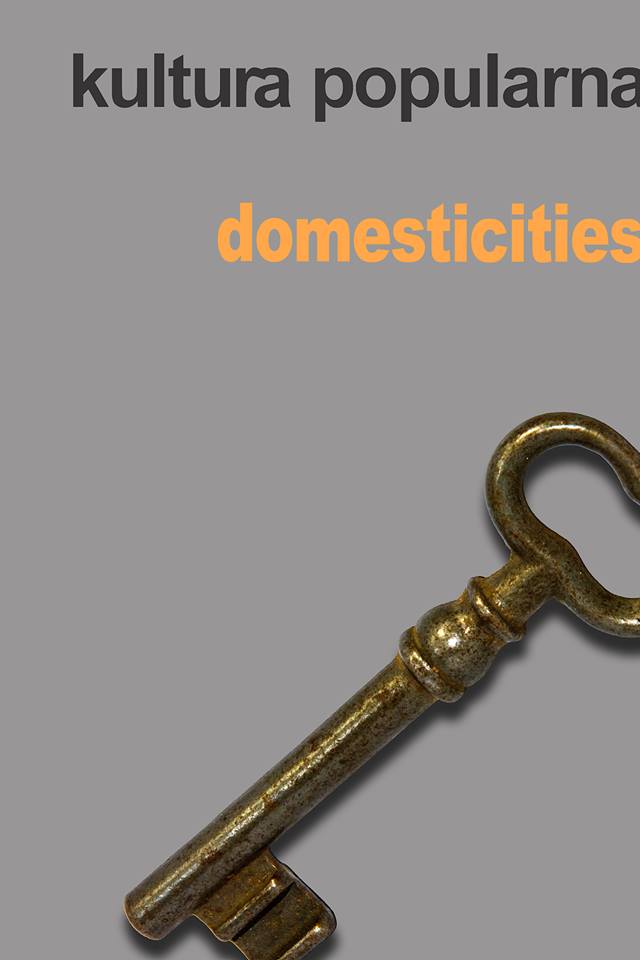The Inverted Discourse of Wonder in Frances Trollope’s Domestic Manners of the Americans
The Inverted Discourse of Wonder in Frances Trollope’s Domestic Manners of the Americans
Author(s): Justyna FruzińskaSubject(s): Literary Texts, Media studies, Studies of Literature, Cultural Anthropology / Ethnology, Theory of Literature, American Literature
Published by: Szkoła Wyższa Psychologii Społecznej
Keywords: Trollope; travel writing; 19th-century America; Greenblatt; discourse of wonder
Summary/Abstract: The article discusses Frances Trollope’s Domestic Manners of the Americans, a famous account of the writer’s travel in the United States undertaken in the 1820s, and focuses on the language it employs to describe the young republic. It compares Trollope’s discursive strategies to those present in Christopher Columbus’s Diario, and referred to by Stephen Greenblatt in his Marvelous Possessions as the “discourse of wonder.” While the early modern accounts of the New World, including Columbus’s, give voice to the travelers’ amazement and enchantment, Trollope in many respects expresses a contrary sentiment, creating a vision of America as an unpleasantly uncivilized country, with people lacking in sophistication and nature being dangerous and chaotic. She achieves a similar degree of narrative intensity, employing tropes akin to those found in Columbus’s Diario, but with the opposite intention in mind: making use of superlatives, familiarizing the unfamiliar, and hinting at the unbelievable, she creates an inverted version of the discourse of wonder. This strategy is visible particularly well in her descriptions of the Mississippi river, metonymically representing the whole of the United States.
Journal: Kultura Popularna
- Issue Year: 58/2018
- Issue No: 04
- Page Range: 18-26
- Page Count: 9
- Language: English

